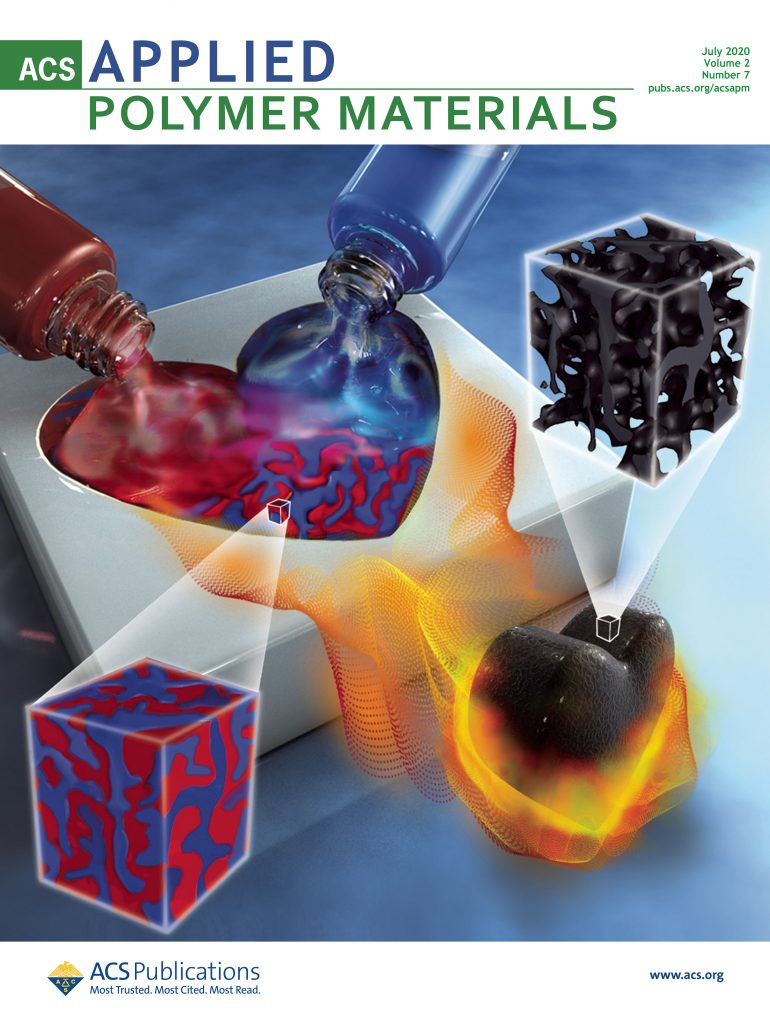DeepSneak:从联合路线推荐模型重构用户 GPS 轨迹
IF 4.4
2区 化学
Q2 MATERIALS SCIENCE, MULTIDISCIPLINARY
引用次数: 0
摘要
去中心化机器学习(如联盟学习(FL))已在许多应用领域得到广泛采用。特别是在推荐系统等领域,共享梯度数据而不是私人数据最近引起了研究界的关注。个性化旅行路线推荐利用用户的位置数据来推荐最佳旅行路线。位置数据对隐私极为敏感,会增加暴露行为模式和人口属性的风险。用于路线推荐的 FL 可以减少位置数据的共享。然而,本文表明,敌方可以恢复用于训练联合推荐模型的用户轨迹,而且接近精度很高。为此,我们提出了一种名为 DeepSneak 的新型攻击,它利用从 FL 中的全局模型训练中获得的共享梯度来重建私有用户轨迹。我们将该攻击表述为回归问题,并通过最小化梯度间的距离来训练生成模型。我们在两个真实世界的轨迹数据集上验证了 DeepSneak 的成功。结果表明,我们能以合理的空间和语义精度恢复用户的位置轨迹。本文章由计算机程序翻译,如有差异,请以英文原文为准。
DeepSneak: User GPS Trajectory Reconstruction from Federated Route Recommendation Models
Decentralized machine learning, such as Federated Learning (FL), is widely adopted in many application domains. Especially in domains like recommendation systems, sharing gradients instead of private data has recently caught the research community’s attention. Personalized travel route recommendation utilizes users’ location data to recommend optimal travel routes. Location data is extremely privacy sensitive, presenting increased risks of exposing behavioural patterns and demographic attributes. FL for route recommendation can mitigate the sharing of location data. However, this paper shows that an adversary can recover the user trajectories used to train the federated recommendation models with high proximity accuracy. To this effect, we propose a novel attack called DeepSneak, which uses shared gradients obtained from global model training in FL to reconstruct private user trajectories. We formulate the attack as a regression problem and train a generative model by minimizing the distance between gradients. We validate the success of DeepSneak on two real-world trajectory datasets. The results show that we can recover the location trajectories of users with reasonable spatial and semantic accuracy.
求助全文
通过发布文献求助,成功后即可免费获取论文全文。
去求助
来源期刊

ACS Applied Polymer Materials
Multiple-
CiteScore
7.20
自引率
6.00%
发文量
810
期刊介绍:
ACS Applied Polymer Materials is an interdisciplinary journal publishing original research covering all aspects of engineering, chemistry, physics, and biology relevant to applications of polymers.
The journal is devoted to reports of new and original experimental and theoretical research of an applied nature that integrates fundamental knowledge in the areas of materials, engineering, physics, bioscience, polymer science and chemistry into important polymer applications. The journal is specifically interested in work that addresses relationships among structure, processing, morphology, chemistry, properties, and function as well as work that provide insights into mechanisms critical to the performance of the polymer for applications.
 求助内容:
求助内容: 应助结果提醒方式:
应助结果提醒方式:


